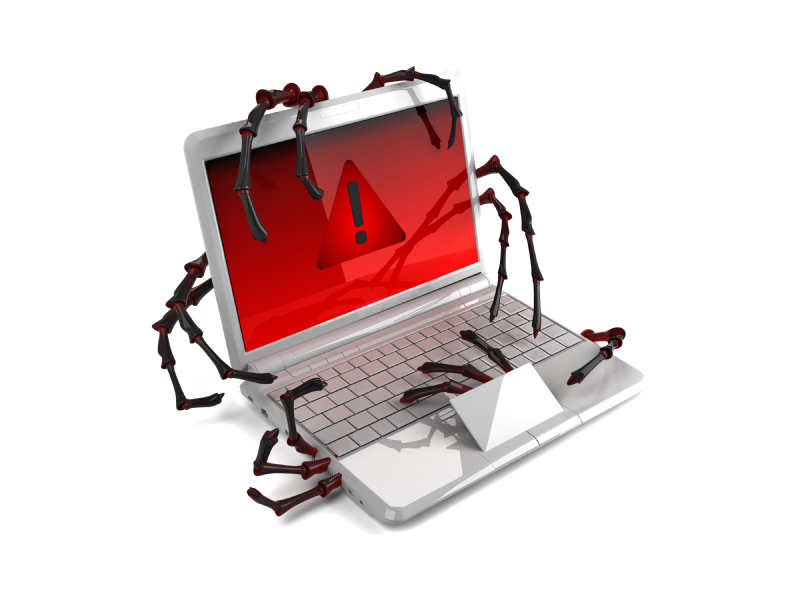Passwords are ironic items. They are meant to keep our accounts and personal information safe, yet they can be the most difficult things to remember and the easiest things to lose. But until we can control all of our important accounts using a retina or fingerprint scan, passwords are really our only option besides going offline completely to protect our information from would-be cyber thieves.
If you’re like most people, you likely have a profile on Facebook, a Twitter account and may even be doing business or connecting with those in your industry via sites like LinkedIn. But even with all of these accounts, you may not think that getting hacked can happen to you. After all, in the sea of millions of celebrities and wealthy people, you are just a small fish. And so the chances of your accounts getting hacked are slim to none, right?

How Passwords Become Compromised
Believe it or not, even the most innocent and understated internet presence can be fodder for thieves. Your internet provider or company network can become compromised at any time if proper protection isn’t implemented or firewall or antivirus programs haven’t been updated.
The same is true for networks that haven’t bothered to encrypt their user data. But even taking the proper precautions above may not be enough. In one instance, a vulnerability was discovered in a volume encryption program that exposed user passwords in plain text.
We all may have someone in our past who was hurt by something we said or did, despite our good intentions. And the scary part is that we may not even know it. Some of those individuals may very well take it upon themselves to try and get a closer look at your personal information. It’s a good idea to think about whether there are any people like this in your life, and whether or not they may be easily able to guess your passwords.
Another way your passwords can be stolen is when a brute-force attack occurs on one or more user accounts. In a brute force attack, several possible passwords are checked systematically until the correct one is discovered. The easier you make your password to remember, the easier it may be for a hacker to get yours.
Solutions For Password Protection
Password manager programs can help you protect your information from hackers’ eyes. And where they used to limit the user to only those passwords entered on a home computer, today’s solutions offer total mobility.
Some exist in the form of a USB stick which encrypts any information that is stored on it, including your passwords. Others continue to be offered in the form of software that you can download to your computer and store your passwords in.
Those using public computers would do well to install encryption or password management software on a USB stick in order ensure full protection from prying eyes. It’s also important to note here that the public computers found in places like a hotel are commonly infected by Trojan horse viruses. In addition, these computers are rarely under close scrutiny by employees. This is yet another good reason to ensure your password information is protected as much as possible.
The Length, Width and Depth Rule
Symantec, one of the world’s leading antivirus software companies, recommends always considering three important factors when choosing a password. These are length, width and depth. Length is an important part of a complex password, as the longer a password is, the more difficult it will be for a hacker to crack.
In the case of width, this refers to the characters used in a password, such as the percent or ampersand signs. One rule about passwords is that one should consider all of the characters available to them when choosing a password, and not just the alphabet.
Depth means the ‘guessability’ of a password. So for example, a password like ‘tobeornottobe’ has more depth than ‘12345’ because it is a phrase. Phrases having personal meaning to you will have even more depth and be that much more difficult to crack.
Passwords are just one piece of the protection puzzle. Education about computer security, along with securing the safety of all of the devices you use can go a long way to preventing breaches in the future.
Guest author Jesse Schwarz writes on a variety of topics related to technology. He is a frequent contributor at http://www.internet-serviceproviders.com/, a site dedicated to helping consumers sort through internet safety, anti virus consideration and other issues.

